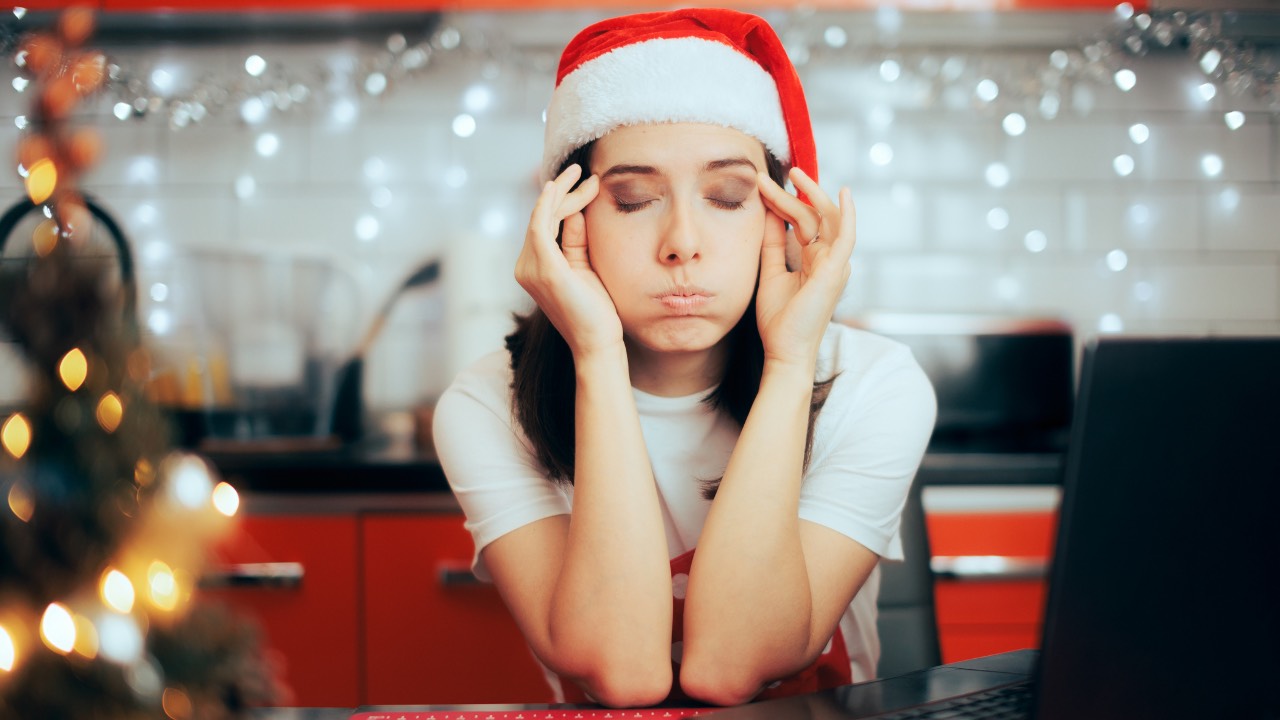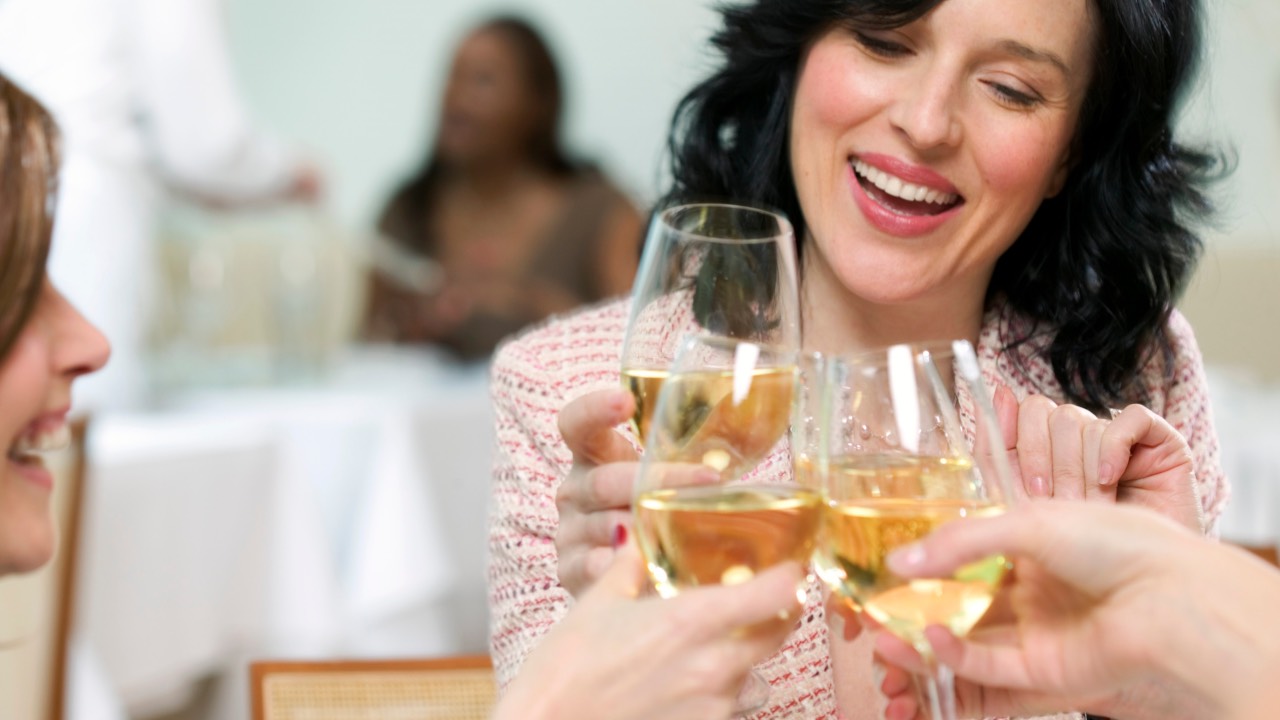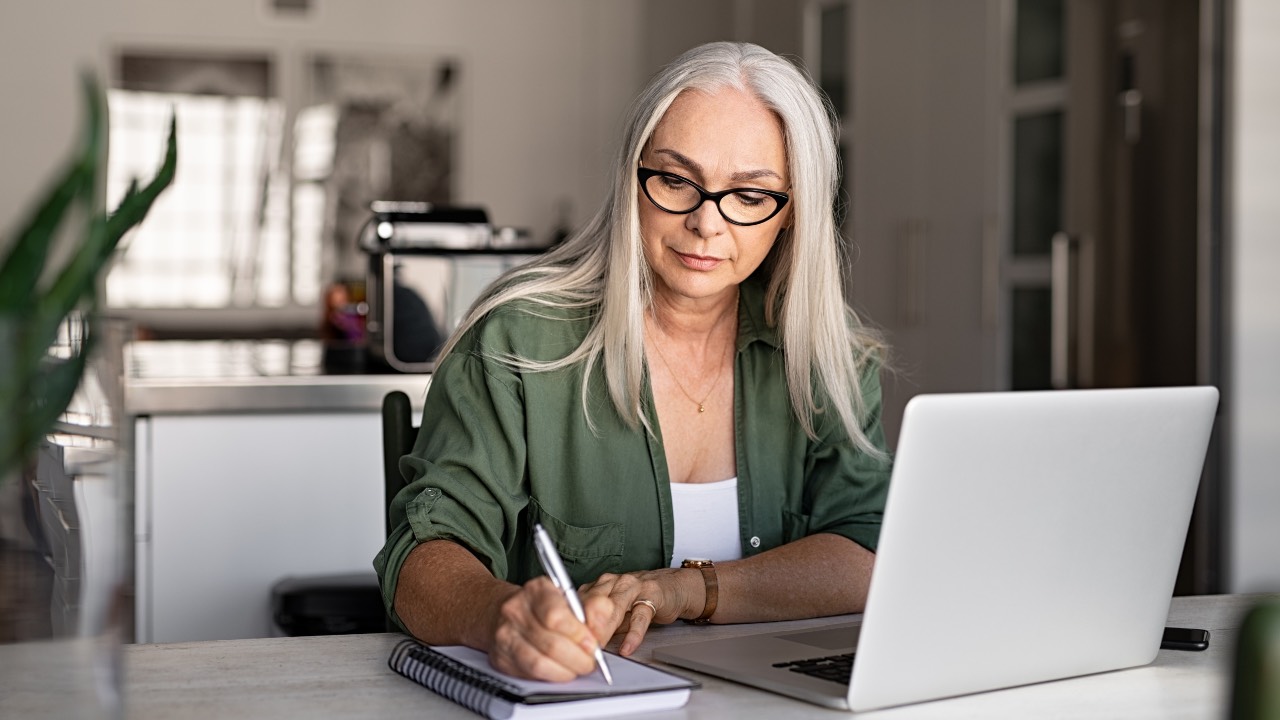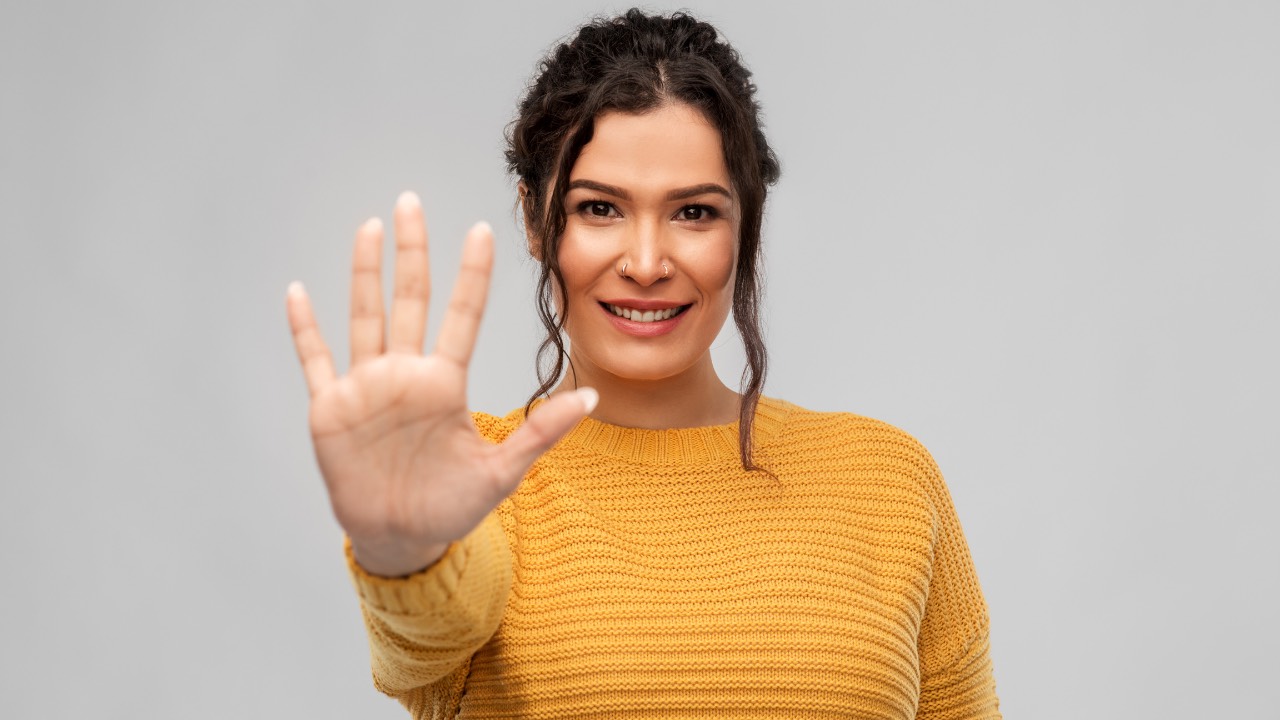What Nobody Tells You About Alcohol-Free Holidays (The Social Reality Nobody Mentions)
Oct 14, 2025
Everyone gives you the standard advice: have your mocktail ready, practice your responses, leave early if you need to. But nobody tells you what it actually feels like to be the only sober person at your family's Christmas dinner when Uncle Bob is three drinks in and getting political. Nobody prepares you for the subtle shift in your mother-in-law's expression when you decline the champagne toast, or how long Thanksgiving evening feels when everyone else is buzzing and you're stone-cold sober at 7 PM.
The holiday season brings a unique combination of social drinking pressure, family dynamics, emotional intensity, and cultural expectations that can make your alcohol-free commitment feel simultaneously more important and more challenging than ever. By the end of this post, you'll understand the specific realities of alcohol-free holidays that nobody warns you about, why these challenges are completely normal, and exactly how to navigate them without losing your mind or your sobriety.
Family Dynamics Become Uncomfortably Clear (And You Can't Unsee Them)
Your family's dysfunction was always there, but wine helped you tolerate it with humor and detachment. Sober at the holiday table, you notice everything: the passive-aggressive comments your aunt makes, the way your father gets progressively louder and more dominating as he drinks, how your sibling's personality changes entirely after their third glass, the jokes that aren't actually funny but everyone laughs anyway.
This clarity can feel almost unbearable at first. You're watching dynamics you've participated in for decades, but now you're observing from outside the shared intoxication that used to make it all feel normal, or at least manageable. The generational patterns of drinking to cope with family stress become glaringly obvious. You see how alcohol lubricates conversations that would otherwise be awkward, smooths over conflicts that should probably be addressed, and creates artificial warmth in relationships that might not actually be that close.
The discomfort of this awareness is compounded by the fact that you're often the only one seeing it clearly. Everyone else is having "a nice time" because they're all slightly impaired together, while you're acutely aware of every dysfunction, every unhealthy pattern, every moment that would be different if everyone were sober. This can make you feel isolated, judgmental, or like the party pooper - when really, you're just the only person in the room experiencing reality clearly.
What nobody tells you is that this clarity, while uncomfortable, is actually valuable. You're no longer participating in patterns that never served you well. You're seeing your family system with adult eyes instead of through the filter of habit and intoxication. And while you can't change anyone else's drinking or family dynamics, you can change how you respond to them and how long you choose to stay in uncomfortable situations.
The Pressure to Drink Is More Intense Than Normal Social Situations
Holiday drinking isn't just about personal choice - it's woven into tradition, ritual, and family expectations in ways that make declining alcohol feel almost sacrilegious. The champagne toast at midnight. The eggnog on Christmas morning. The wine with Thanksgiving dinner because "that's what we've always done." Declining these drinks can feel like you're rejecting the family tradition itself, not just the beverage.
The pressure often comes disguised as concern or tradition-keeping rather than overt pushiness. "Are you sure you won't have just one glass for the toast?" "But it's Christmas!" "You're making everyone uncomfortable by not drinking." "What, are you pregnant?" These comments might seem lighthearted to the person saying them, but they land heavily when you're working hard to maintain your commitment while also wanting to belong and celebrate.
What makes holiday drinking pressure particularly challenging is that it's often coming from people you love and who love you - they're not trying to sabotage you (usually), they're just uncomfortable with anything that disrupts the familiar pattern. Your choice not to drink might make them question their own drinking, create awareness they'd rather avoid, or simply feel like a rejection of the family's way of celebrating.
The reality nobody prepares you for is that you might need to explicitly set boundaries with people you normally wouldn't confront. You might need to say directly, "I've asked you not to offer me drinks, please respect that," to someone who's used to you being accommodating about everything. You might need to remove yourself from situations where the pressure becomes too intense, even if that means leaving early or skipping certain gatherings entirely.
Learning to prioritize your wellbeing over family expectations or tradition is part of the alcohol-free holiday experience - and it's harder than anyone acknowledges because it can feel like you're choosing your sobriety over your family, when really you're choosing yourself and your health over patterns that haven't served you well.
Holiday Emotions Hit Differently Without Your Usual Buffer
The holidays are already emotionally intense: family dynamics, financial stress, relationship pressures, grief over losses, loneliness despite (or because of) gatherings, exhaustion from social obligations. When you've habitually used wine to manage these big emotions, facing them without your usual buffer can feel overwhelming.
Sober during the holidays, you feel everything at full volume. The nostalgia hits harder. The grief for family members who are gone feels more acute. The comparison between your life and others' seemingly perfect celebrations cuts deeper. The exhaustion from hosting or attending multiple events accumulates without alcohol's temporary numbing effect. Even positive emotions like joy and excitement can feel almost too intense when you're not used to experiencing them without modification.
What nobody mentions is that holiday emotions aren't just about the present - they often trigger memories and feelings from previous holidays, creating layers of emotional experience that can feel confusing and intense. Without alcohol to flatten these feelings into a manageable buzz, you're processing current emotions while also potentially dealing with grief, nostalgia, childhood wounds, or relationship disappointments that surface during family gatherings.
The temptation to drink "just for the holidays" often peaks during moments of emotional intensity. When you're feeling lonely at a party, overwhelmed by family drama, or stressed about gift-giving expectations, that glass of wine starts looking like a reasonable solution rather than a threat to your commitment. Understanding that this is normal - that emotional intensity makes everyone more vulnerable to old coping mechanisms - helps you prepare strategies beyond just willpower.
What makes this manageable is having tools specifically for emotional regulation that don't involve alcohol: permission to leave situations early, places to retreat for breaks, supportive people you can text when struggling, ways to process intense emotions in the moment. The holidays require a more robust self-care plan than regular weekends because the emotional load is significantly higher.
You'll Question Whether Your Sobriety Is "Worth It" During the Hardest Moments
There will be a moment - maybe multiple moments - during the holidays when you genuinely wonder if staying alcohol-free is worth the discomfort, isolation, and effort it requires. Maybe it's when you're the only sober person at your office holiday party and the evening feels endless. Maybe it's during a family gathering when everyone is laughing together over drinks and you feel separate and serious. Maybe it's on New Year's Eve when the champagne toast is happening and you're holding sparkling cider feeling like you're missing something important.
These moments of doubt are completely normal and don't mean you're failing or that your commitment isn't strong enough. They mean you're doing something genuinely challenging in circumstances specifically designed around alcohol consumption, and your brain is doing what brains do: looking for the path of least resistance and least discomfort.
What nobody tells you is that these moments of doubt often pass relatively quickly if you can ride them out without acting on them. The discomfort peaks, makes you question everything, and then subsides - sometimes within minutes, sometimes within an hour. Having strategies for these specific moments (texting a support person, taking a walk, reminding yourself why you chose this, leaving the situation) can help you get through them without making decisions you'll regret.
The other reality is that the doubt isn't usually about actually wanting to drink - it's about wanting to belong, to celebrate normally, to not feel different or difficult, to escape momentary discomfort. Recognizing this distinction helps you address the real need (connection, celebration, ease) without using alcohol as the solution.
Many women describe their first alcohol-free holiday season as the hardest, but also the most clarifying. You learn what actually nourishes you versus what you were doing out of obligation. You discover which traditions you genuinely value versus which ones were just excuses to drink. You find out who supports your growth and who makes it harder. This information is valuable even when the learning process is uncomfortable.
Holiday Traditions Might Need Complete Reimagining (And That's Okay)
Many holiday traditions are built around alcohol in ways you might not have fully realized when you were drinking. The wine while decorating the tree. The cocktails while wrapping presents. The champagne with Christmas morning breakfast. The bourbon in the eggnog. When you remove alcohol, some traditions feel hollow or pointless, revealing that the alcohol was actually the main point, not the activity itself.
This realization can feel sad or disillusioning - traditions you thought were about family bonding or holiday spirit might have actually been about drinking together in a socially acceptable context. The "cookie baking party" was really a wine drinking party that happened to involve cookies. The "tree trimming" was an excuse to start drinking at 2 PM. The "holiday movie marathon" was about getting through a bottle of wine while something played in the background.
What nobody prepares you for is the identity crisis that can come with recognizing that your holiday celebrations need to be rebuilt from scratch. Who are you during the holidays if you're not the person who hosts boozy brunches or brings the signature cocktail to parties? What do you do with your time when so many traditional activities lose their appeal without alcohol?
The beautiful part of this challenge is that it creates space to design holiday traditions that actually align with your values and genuinely bring you joy. Maybe you discover that you actually prefer quiet holidays over big parties. Maybe you create new traditions around movement, nature, creativity, or service that feel more meaningful than alcohol-centered gatherings. Maybe you find that quality time with select people brings more fulfillment than large events where everyone is drinking.
Reimagining holidays requires mourning what's lost while remaining curious about what's possible. Both can be true simultaneously: you can miss certain aspects of alcohol-inclusive celebrations while also recognizing they weren't serving your highest good and creating something better aligned with who you're becoming.
Your Holiday Timeline Will Be Completely Different From Everyone Else's
When everyone else is just getting started (around 7 or 8 PM), your energy is naturally beginning to wind down. By 10 PM, when the party is supposedly in full swing, you're ready for bed and can't understand why everyone isn't exhausted. This timeline difference can make you feel old, boring, or like you're missing out on the "real" celebration that happens late.
What nobody tells you is that the late-night holiday party energy isn't actually about the time of night - it's about being progressively more intoxicated. People aren't more fun at 11 PM; they're more drunk. The energy you're "missing" is artificial stimulation, not genuine festivity. But it doesn't always feel that way when you're the sober person at 9 PM realizing you're ready to leave while everyone else is settling in for hours more.
This timeline challenge is particularly difficult during multi-day holiday gatherings when daily drinking patterns mean people are nursing hangovers all morning, starting to feel normal by afternoon, and beginning to drink again by evening. You're on a completely different schedule: energetic in the morning, productive during the day, winding down naturally in the evening. The mismatch can make you feel out of sync with everyone around you.
Learning to honor your natural rhythms without guilt is crucial for sustainable alcohol-free holidays. This might mean leaving parties "early" (which is actually just leaving at a reasonable time), declining late-night gatherings, or being honest that you're not available for morning-after recovery time because you're not recovering from anything. Your timeline being different doesn't make it wrong - it makes it healthy and aligned with how human bodies actually function without artificial stimulation and depressants.
Some Relationships Will Become Strained (And Others Will Deepen)
Your choice to be alcohol-free during the holidays will change some relationships, and not always in comfortable ways. Some family members or friends might take your sobriety personally, as if you're judging their drinking by not participating. Others might feel uncomfortable or awkward around you because your clarity highlights their intoxication in ways they'd rather not notice. Some people you thought you were close to might drift away when shared drinking is no longer the foundation of your connection.
This relationship shift during the holidays - when connection and tradition are supposedly paramount - can feel particularly painful. You might realize that certain friendships were primarily drinking buddies, that some family relationships require alcohol to feel comfortable, or that people you love don't actually support your growth when it challenges their own patterns.
What nobody warns you about is how isolating this can feel during a season that's supposed to be about togetherness and celebration. You might find yourself declining invitations to gatherings that would have been automatic acceptances in previous years. You might leave family events earlier than you used to. You might spend more time alone or with select people rather than attending every holiday party you're invited to. This can trigger feelings of FOMO, loneliness, or worry that you're becoming antisocial.
But here's what's also true: some relationships deepen beautifully when alcohol isn't mediating the connection. You might have more meaningful conversations with family members who appreciate your presence and attention. You might discover which friendships are based on genuine compatibility rather than shared drinking. You might connect more deeply with your children, partner, or chosen family when you're fully present for holiday moments.
The relationship changes aren't a failure of your sobriety - they're clarity about which connections were authentic and which required shared intoxication to feel close. This information, while sometimes painful, helps you invest your energy in relationships that actually nourish you.
You'll Create Your Most Authentic Holiday Season Yet (Eventually)
Your first alcohol-free holiday season might feel like survival mode - just getting through without drinking, managing uncomfortable situations, and questioning your choices constantly. But something shifts when you prove to yourself that you can navigate the holidays without alcohol. The second year feels different. More confident. More intentional. More genuinely yours.
Without alcohol dictating your schedule, energy, and choices, you start designing holidays that actually align with what matters to you. Maybe you realize you prefer smaller gatherings to big parties. Maybe you discover that certain traditions were never meaningful to you, just obligations you tolerated with wine. Maybe you create new rituals around things that genuinely bring joy: morning walks, creative projects, quality time with select people, service to others.
What nobody tells you is that alcohol-free holidays can eventually feel more celebratory, not less. When you're fully present for moments that matter, when you remember every conversation and genuine connection, when you wake up on Christmas morning feeling clear and energized rather than recovering from the night before - the holidays start feeling like actual celebrations rather than endurance tests punctuated by drinking.
The authentic holiday season you create won't look like anyone else's, and it definitely won't look like the alcohol-soaked celebrations depicted in advertisements or movies. But it will be truly yours - aligned with your values, honoring your energy, respecting your boundaries, and creating memories you'll actually remember clearly. That authenticity is worth every uncomfortable moment of the journey to get there.
The social reality of alcohol-free holidays is that they're complicated, uncomfortable, and challenging in ways that generic advice about "bringing your own mocktail" doesn't begin to address. You'll see family dynamics clearly, face intense pressure to drink, feel emotions without buffering, question your choices, reimagine traditions, navigate timeline differences, and watch some relationships strain while others deepen.
But here's what else is true: you'll wake up on January 1st without a hangover, with clear memories of the season, and with the knowledge that you honored your commitment to yourself during the most challenging time of year. You'll have learned invaluable information about yourself, your relationships, and what actually brings you joy versus what you were doing out of obligation or habit.
Your specific holiday approach should align with your personality and needs—some women dive fully into every gathering with confidence, while others strategically limit their holiday social calendar. Neither approach is better; what matters is understanding yourself well enough to create a plan that works for your unique situation.
Ready to discover your alcohol-free personality and get your personalized holiday survival strategies? Take my "What's Your Empowered Alcohol-Free Personality?" quiz to uncover your unique social style, receive your personal empowerment anthem, get a signature mocktail recipe designed for your personality, and discover your daily mantra for staying grounded during the holiday chaos. Understanding your specific type makes navigating the season so much clearer.
Need comprehensive support for the entire holiday season? My Mindful Month Kit gives you 28 days of guided journal prompts, sophisticated mocktail recipes for every holiday occasion, audio meditations for challenging moments, and emergency support cards for when the pressure peaks. Navigate the holidays with structure, support, and strategies designed specifically for alcohol-free celebration.
LEARN MORE ABOUT THE MINDFUL MONTH KIT →





